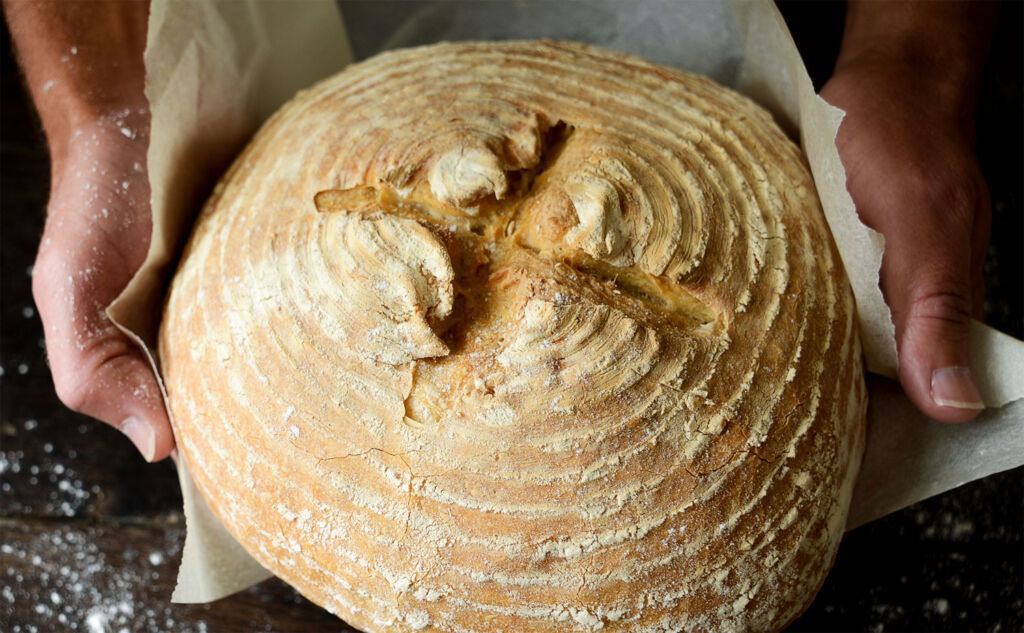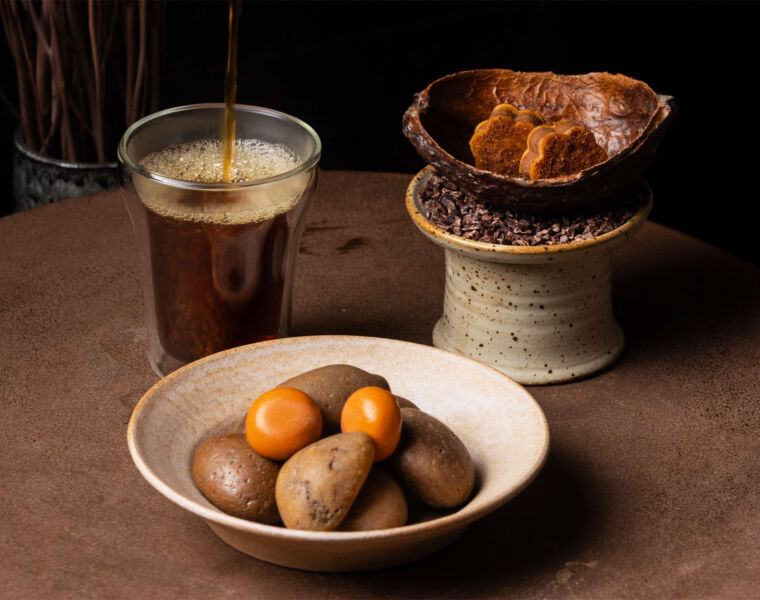
The COVID-19 lockdown has spawned a whole new generation of home bakers. Taking her baking role seriously, Sabi Phagura has been doing her research, and reports back after discovering Carr’s Flour.
The ethos of Carr’s Flour is that every time you cook or bake, the flour you use should be right for the job. When you start with the best, you get the best results.
Social media feeds seem to be filled with anyone and everyone making sugary desserts at home, and even supermarkets are having to keep up with the rising demand for flour. And while the simplicity of baking a bread loaf or a yummy cake is a great way to stick to social distancing outdoors, baking also helps people psychologically.
It can prove to be very therapeutic because it’s a mindful exercise helping to manage stress and alleviate anxiety.

There are a handful of kitchen cupboard staples that are worth having on hand so you can rustle up a treat whenever the urge arises. And none are more important than flour, for it is the essential ingredient for a baker.
Despite playing a massive role in the kitchen, it’s often overlooked. All flour isn’t created equally, and any baker worth their salt needs to consider its quality and protein content.
Most flour companies bleach their flour with chemicals like chlorine dioxide to give it a whiter appearance. And when it comes to protein, you need to use the right flour with the proper protein content for your recipe.
Known in baking circles as the flour that’s tried and trusted by Britain’s best artisan and trade bakers right through to home cooks, the Carr’s’ range of flours and bread mixes have been giving bakers confidence for nearly 200 years.
To this day, they strive for traditional craft and modern milling in their flour making process. They also work as close as possible with local farmers thus keeping their carbon footprint low where possible.
The family-owned business has three mills in the UK. And it was at Silloth mill in 1836 where it all began. Jonathan Dodgson Carr started milling flour at the mill in Cumbria to supply flour for his famous Carr’s Table Water biscuit factory.

Within 15 years, Carr’s of Carlisle became one of the largest baking businesses in Britain. Jonathan was also the first person to recognise the benefits of high-quality Canadian wheat, which is still used today.
Meanwhile, the Kirkcaldy mill has a history of flour production dating back to 1826. The company’s head office is based here, and it’s one of only two remaining flour mills in Scotland. Carr’s also brings in wheat by boat into the ports next to the mills in Kirkcaldy and Silloth.
At Silloth, a single boat can deliver up to 3500 tonnes of wheat. This equates to a reduction in road transportation, the equivalent of 120 lorry loads of wheat. This environmental benefit reduces road traffic, a large source of pollution.
The third and smallest mill can be found in Maldon, Essex, and it’s been there since 1896. This is one of the finest wheat-growing regions in the UK and, as a result, 70% of the wheat is locally sourced within 30 miles of the mill. Maldon mill, is a supplier to many of the artisan bakers, particularly in the London area.

Now, we may not be artisan bakers quite yet, but we’re certainly giving it our best shot and are busy working our away through various bread and cake recipes using Carr’s Flour.
Carr’s Flour – Where and How?
Aspiring home bakers can get their hands on Carr’s Flour at Sainsbury’s, Booths, Amazon, Lakeland and Williamson. For more information, visit www.carrsflour.co.uk.
Read more food-related articles and reviews in our dedicated section here.
![]()




You must be logged in to post a comment.